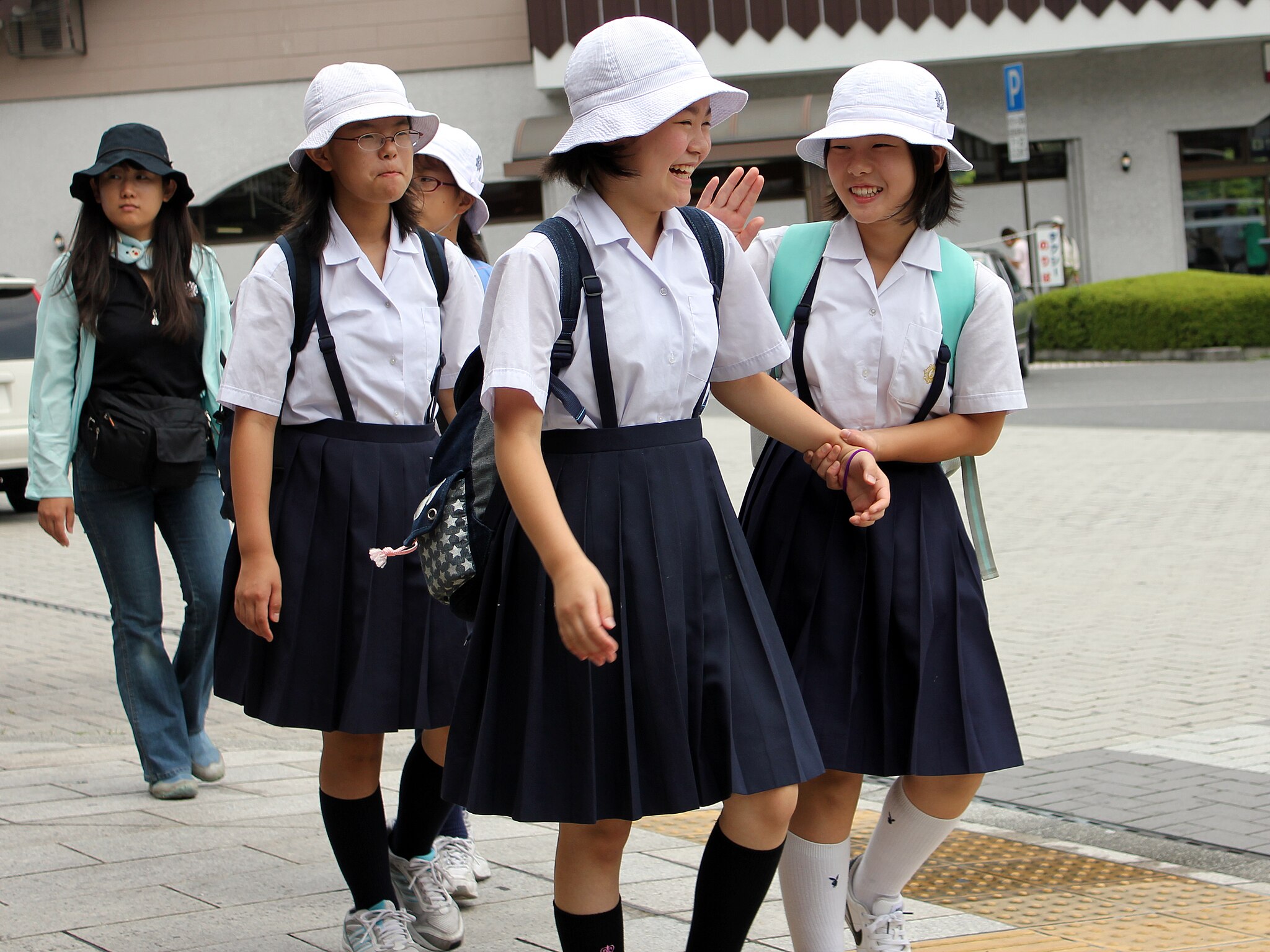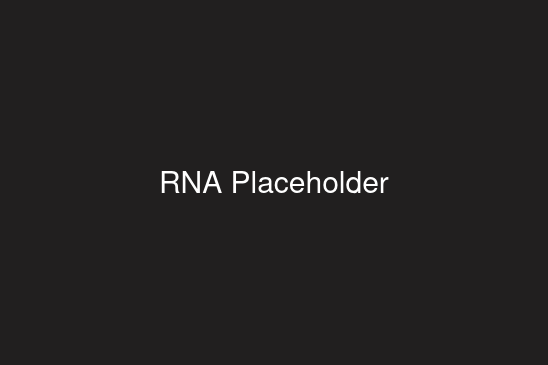If you move to Japan with children, you’ll need to give some thought about what education you want them to receive. Japan has a mixed education system, with state-funded public schools sitting alongside fee-paying private schools, including many international schools.
Japan scores highly overall in the Programme for International Student Assessment (PISA) rankings, especially for science and mathematics. Compulsory schooling is for children aged 6-15, consisting of primary and lower secondary school. However, many children attend pre-school education (nurseries or kindergartens) from the age of three and go on to complete three years of upper secondary schooling from the ages of 15-18.
International Schools (Private Schools) in Japan
If you want your child to be taught in English, or their native language such as French or German, you can instead enrol them into a private international school in Japan. However, bear in mind that you will have to pay tuition fees. There are different types of private school in Japan, including:
- International schools that follow the global standard International Primary Curriculum (IPC) or International Baccalaureate (IB)
- Method schools that follow alternative methodologies, such as Montessori Schools or Waldorf-Steiner Schools
- Religious schools, which are typically either Christian or Buddhist schools
- Japanese boarding schools
Many of these schools offer placements that cover primary, lower secondary, and upper secondary education, with some also having pre-school facilities to cater for children from the age of three. However, expect to pay in excess of 800,000 yen a year for private education in Japan.
State Schooling in Japan
Japanese citizens and residents can enrol their children for free state schooling from the age of six. This consists of six years of primary school and three years of lower secondary school. Most pupils then continue into three years of upper secondary school to prepare them for university or other further education. Other options include:
- Specialist vocational training schools – 2-3 years of education to learn skills geared towards a specific career
- Technical colleges – five years of engineering education
State schooling in Japan is typically location-based, meaning your child will be sent to a school close to where you live. Standards in Japanese state schools are high, but lessons are in Japanese, so your child will need to have a basic grasp of the language at the point of enrolment. Subjects in lower secondary schools include mathematics, science, Japanese, social studies, art, English, technology, and music. For upper secondary learning, students have more choice in the subjects they want to study.
Further Education in Japan
Students can enrol in further education in Japan following completion of upper secondary school at the age of 18. To enter university, they will need their high school diploma plus they will have to complete the Common Test for University Admissions. Japanese universities offer bachelor’s degrees that typically last four years. If you successfully complete this, you can progress to graduate schools and undertake postgraduate qualifications (Master’s or PhD) if you wish. Other further education options include technical associate degrees, professional qualifications, and diplomas that you can study at vocational training schools or colleges of technology.
Useful Resources
- Ministry of Education, Culture, Sports, Science and Technology (MEXT) – Japanese government agency responsible for education
- IB Organization – details of IB schools in Japan
- Japan Student Services Organization (JASSO) – advice for people interested in studying in Japan
Carlos ZGZ, CC0, via Wikimedia Commons

